There aren’t many folks in the homesteading world who haven’t heard of Joel Salatin.
Widely considered a pioneer of the regenerative agriculture movement, Joel has inspired thousands to embrace an agrarian lifestyle, whether for self-sufficiency or as a viable career path in a world where conventional farmers often struggle with high input costs and narrow profit margins.
Fewer in our community may be as familiar with Jordan Peterson, though that’s quickly changing.
A renowned clinical psychologist, former professor, and best-selling author, Peterson has gained notoriety for his outspoken views on a number of hot button issues … from gender identity to climate change.
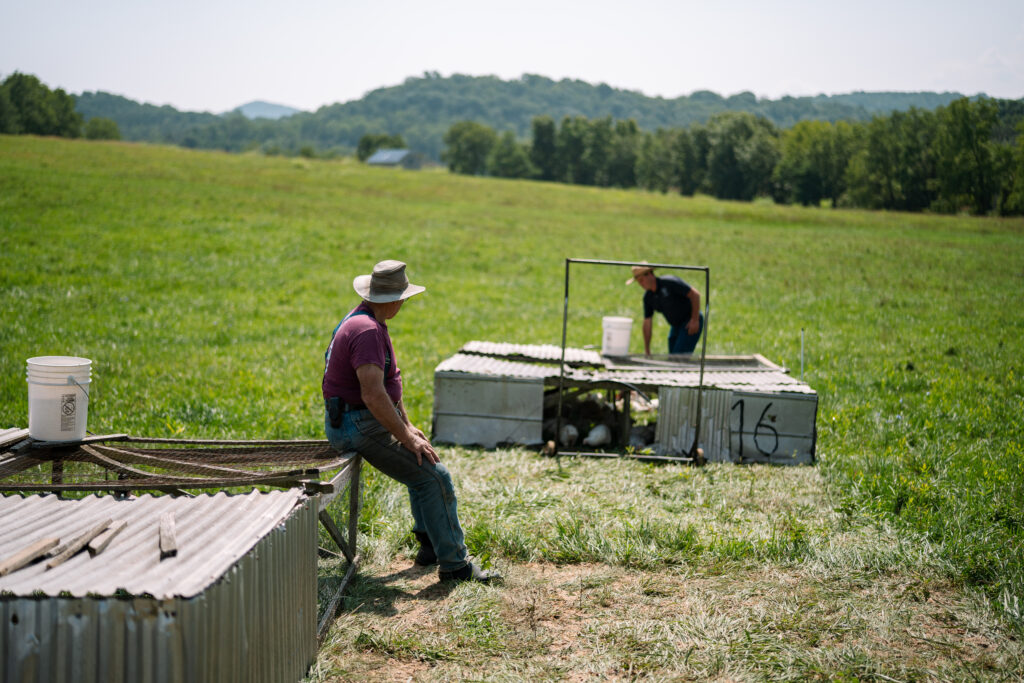
Like Joel, he doesn’t shy away from controversy, and has built a devoted following by speaking plainly and passionately about big picture ideas that shape our world.
So when a coworker at Homestead Living shared a recent podcast episode from The Jordan B. Peterson Podcast featuring an interview with Salatin, I was intrigued.
Title “The Best Argument Against Veganism,” the conversation promised to be provocative. But instead of delivering an aggressive attack on veganism, the episode offered something even more compelling and uplifting.
It was a deep, wide-ranging discussion about regenerative farming, rotational grazing, marketing, communication, economics, the environment, and the urgent need to raise up a new generation of farmers.
They argued that this last point must happen before the current generation ages out of the industry and leaves hundreds of millions of acres of farmland up for grabs.
What this Interview Is Really About
Rather than attacking plant-based diets or arguing against vegan ethics, the two men focused on the virtues of animal integration in agriculture, the importance of soil health, and the power of direct-to-consumer food marketing.
Joel’s passion for healing the land and building strong communities through food was on full display. Peterson’s thoughtful, probing interview style helped draw out details that even longtime Salatin fans may have wondered about.
From the specific crops Joel plants in his pastures to how cows behave and why fences are needed at all in rotational grazing, the interview gets into the nitty-gritty of how regenerative livestock farming actually works … and why it offers so much hope for the future of food production and a healthy planet.
Salatin explains not only the ecological benefits of his methods but also how his farm became economically viable by cutting out middlemen and selling directly to customers.
Peterson didn’t shy away from more personal questions either.
At one point, he asked bluntly, “Why the hell was your wife on board with this?”
Joel, without missing a beat, replied, “Because I married the greatest gal in the world, man,” and went on to describe his wife, Teresa’s skills in home economics and her belief in their shared vision.
Peterson kept pressing, trying to get to the emotional core of that decision; why someone would risk everything on such an unconventional dream.
Finally, Joel said, “Because she wanted to be with me! Is that fair enough?” To which Peterson finally seemed satisfied.
Why This Conversation Matters (A LOT)
The real value of the interview lies in the pairing of these two voices.
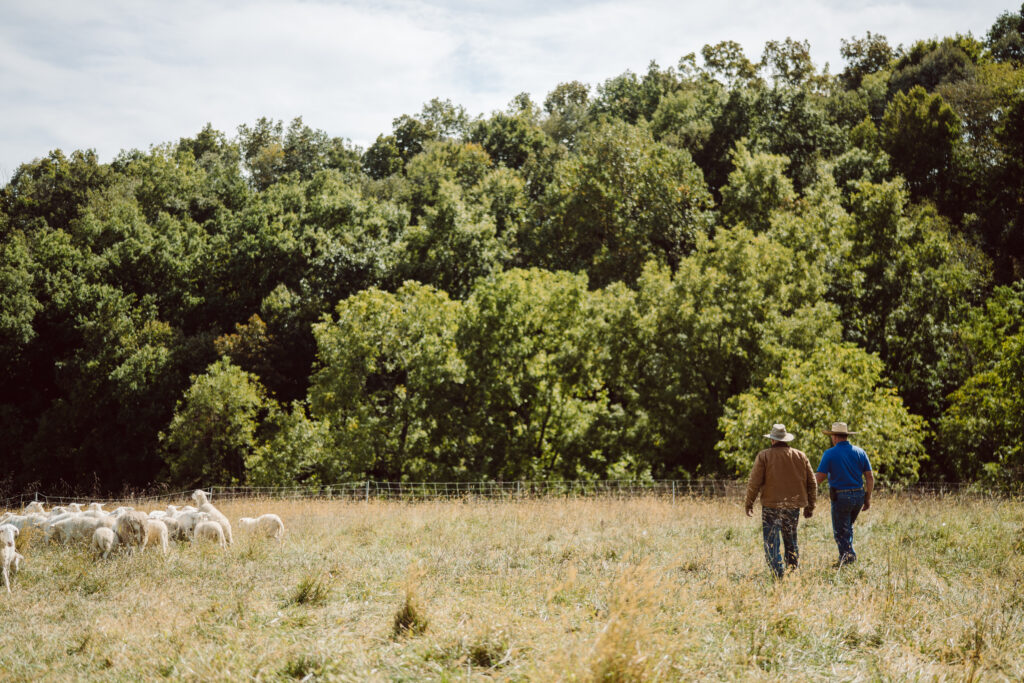
Peterson’s sharp intellect and fearless questioning, combined with Salatin’s practical wisdom and animated delivery, made for a conversation that was both intellectually stimulating and deeply inspiring.
There are multiple comments below the YouTube video of the podcast episode expressing deep admiration for both men and excitement that the two finally came together for what one commenter called “the most fascinating of all the Jordan Peterson interviews I’ve watched.”
For those of us who believe in food freedom, who raise our own livestock, grow tomatoes in backyard gardens or even just dream of starting a small farm, this conversation is a reminder that the work we’re doing matters, and that we share this path and these values with good company.
A Call to the Next Generation of Farmers
Perhaps the most powerful part of the episode was Joel’s reflection on the future of agriculture in America.
“The average American farmer is 60 years old,” he explains. “That means in the next 15 years, half of America’s agricultural equity is going to change hands. That level of agrarian equity transfer has never happened that fast in any civilization in history, except during conquest.”
He goes on to describe this moment as a kind of grand experiment: “We’re in a guinea pig time here. If we can pull this off peacefully, it will be unprecedented.”
The pressing question, then, is: Who will control this land in 15 years? Will it be BlackRock? Bill Gates? The Chinese government? Or will it be young, principled farmers who are ready to steward the land, serve their communities, and build a more ethical and sustainable food system?
Joel makes it clear that this is why he’s so passionate about raising up the next generation of farmers, because we’re entering a once-in-a-lifetime window of opportunity, and we need a new generation of farmers ready to step in and properly steward the land.
Both men emphasize the deeper significance of this work … not just growing food, but building a future where families, farmers, flora, and fauna are nurtured and supported physically, spiritually, and economically through a renewed connection to the land and a sustainable, decentralized approach to agriculture.
Why Homesteaders Should Watch this Interview
It’s rare to see two such influential and controversial voices come together in such a constructive and compelling way.
More than just “the best argument against veganism,” this episode offers a bold and hopeful vision for the future of food, and a rallying cry for the next generation of farmers to rise up and steward the land, ensuring it remains productive and life-giving for many years to come.
If you haven’t watched the interview yet, I highly recommend you carve out the time. You can watch the full interview below or listen to episode #539 of the Jordan B. Peterson Podcast on Spotify or Apple Podcasts.
Joel is also a monthly contributor to Homestead Living magazine, where he shares his thoughts and expertise on everything from sustainable farming and living to culture and politics.
Subscribe here to get the next issue delivered right to your mailbox.
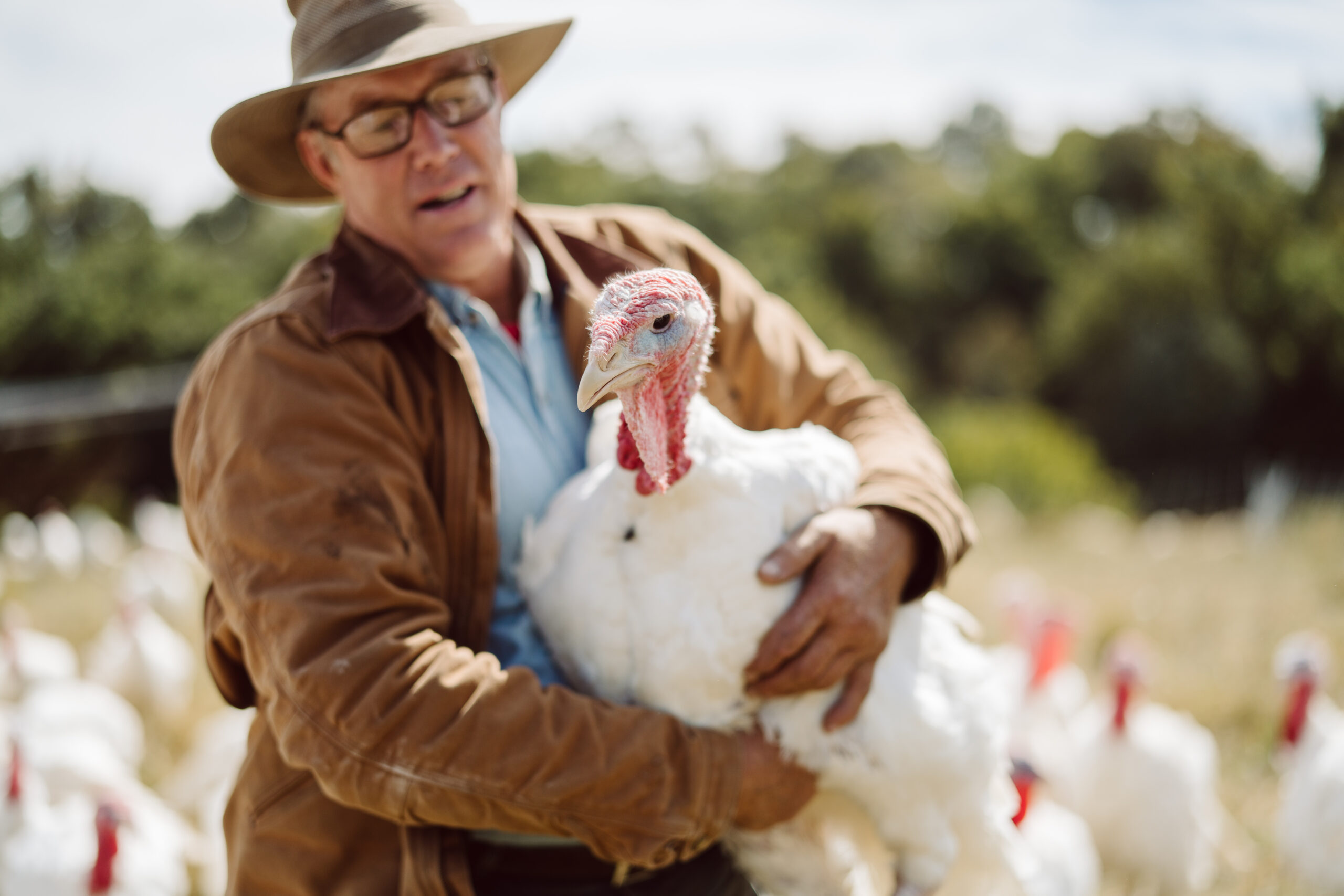
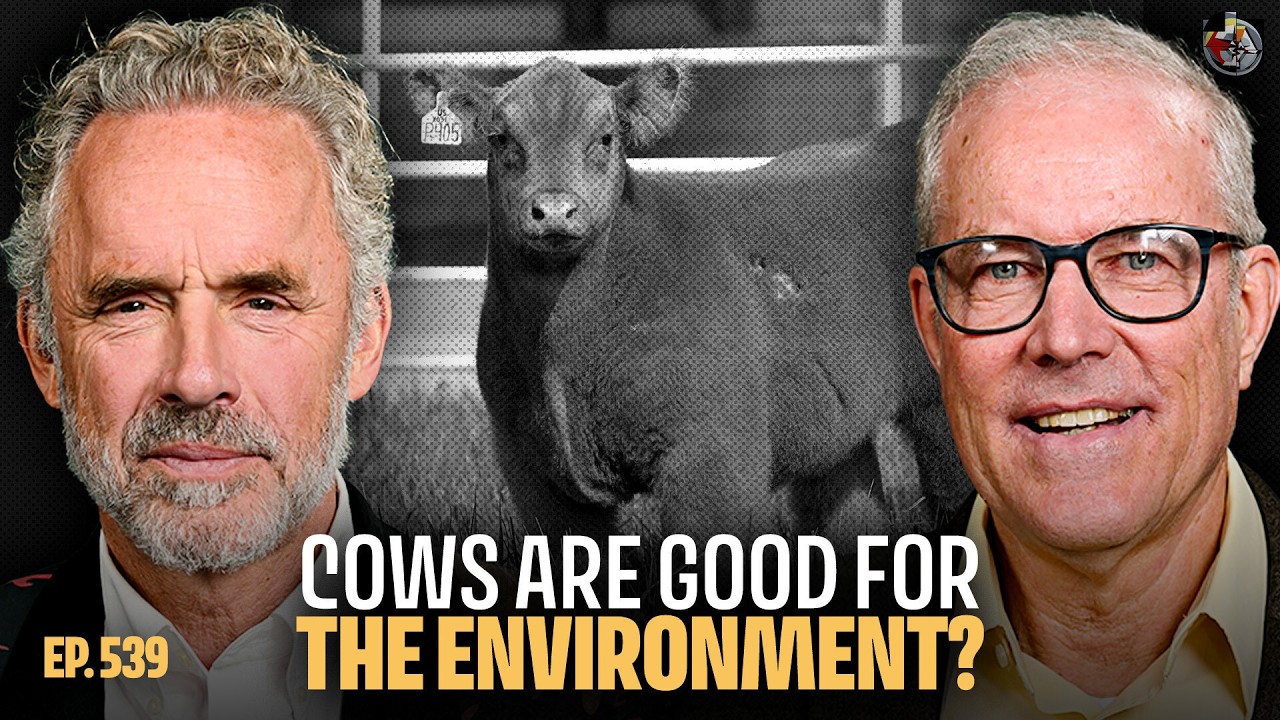


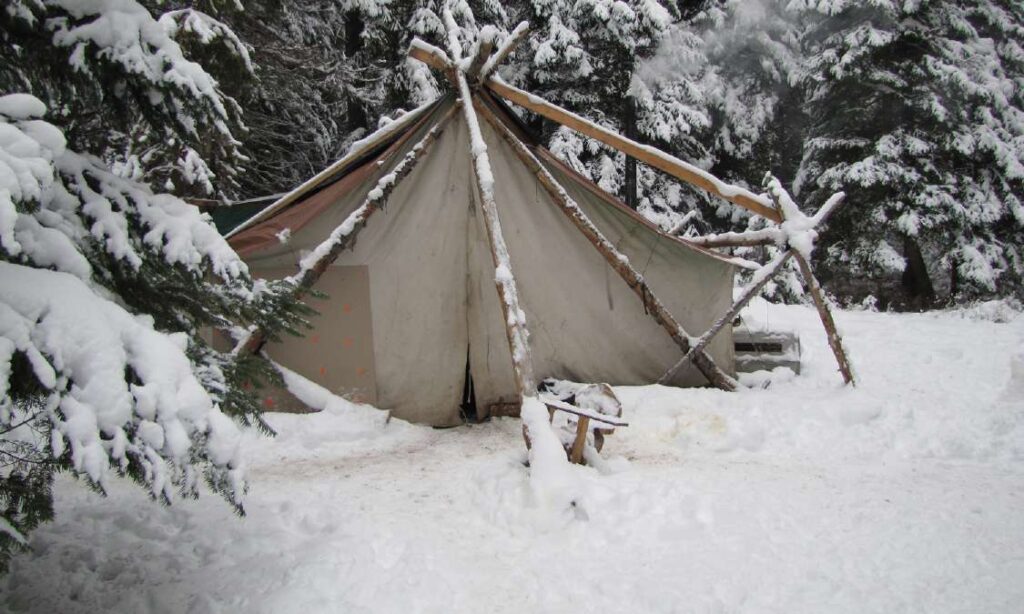
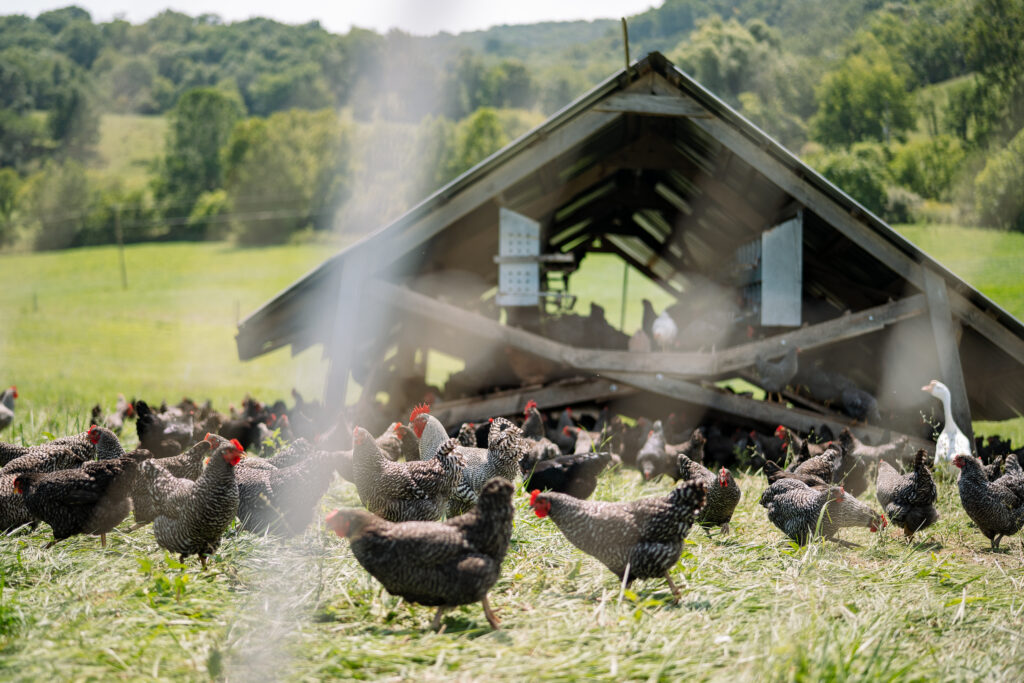
Leave a Reply